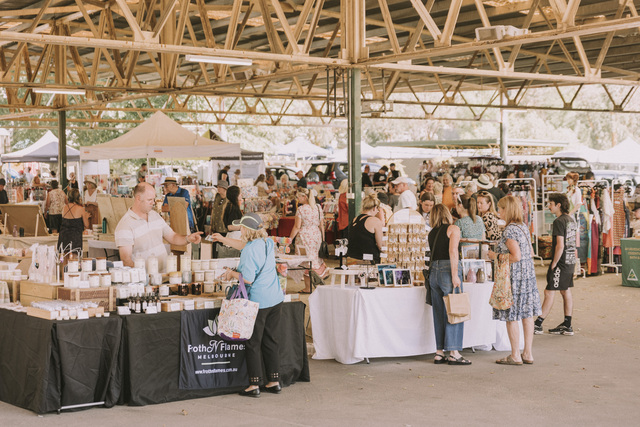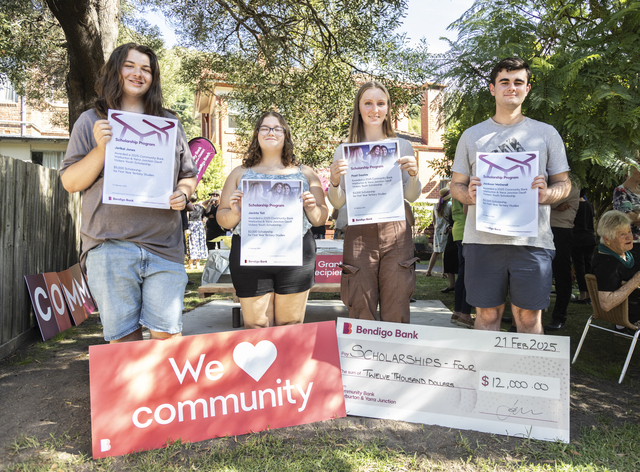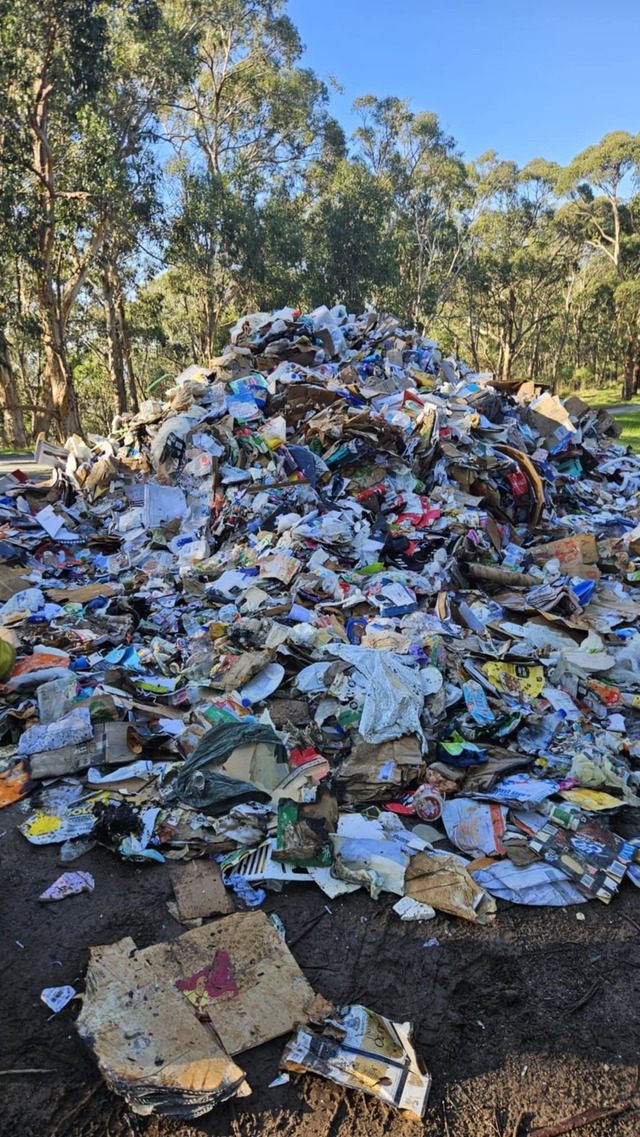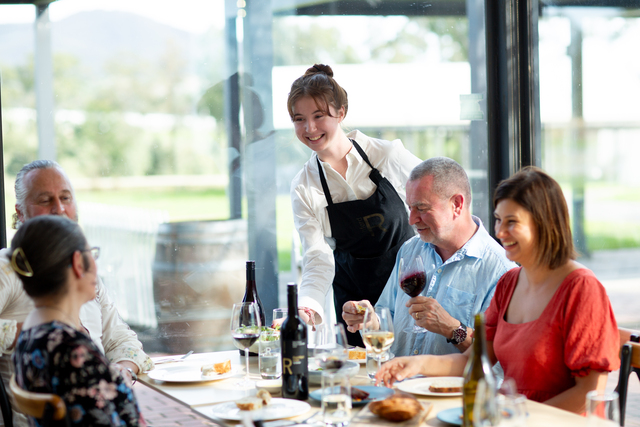By Peter Douglas and Derek Schlennstedt
Waking up to rain on the roof wasn’t a frequent occurrence throughout June.
Although the cold has started to bite throughout the Yarra Ranges, you’re forgiven if you’ve been left wanting to see the wet stuff falling from above.
According to the latest Bureau of Meteorology statistics, the Yarra Ranges experienced one of the driest June months in the past decade.
Just 30.4mm fell in the Yarra Valley, as recorded from the Coldstream weather station, which is less than half the median average rainfall for the region, presently at 67.2mm.
To put this in perspective, the recorded rainfall is lower than in the peak drought years during and before Black Saturday, with 49.6mm (2009), 41.4mm (2008) and 59.8 (2007) recorded.
Although, just 22mm fell in 2006 – a far cry from the high of 100.6mm recorded in 1998.
Meanwhile, the news was much the same in the Dandenong Ranges, with the Ferny Creek station recording only a slightly better 53.2mm for June.
Though, this is well below the median for the area of 122.3mm, suggesting the Dandenong Ranges fared worse overall in terms of the expected average.
Meanwhile, in July, the weather station has recorded just 30.4mm in Coldstream in comparison to 88mm in 2016, and 53.2mm in Ferny Creek in comparison to 179mm in 2016.
Although, there has been no rain falling from the sky, the Yarra Ranges entry into July has been a bitterly cold one, and on the first weekend of July frost reaked havoc across the Yarra Valley.
On 1 and 2 July, Yarra Valley Water received more than 200 calls with many customers complaining of frozen water meters.
“Due to very low temperatures on Sunday 2 July, we received approximately 200 customer reports from across the northern and eastern suburbs of no water due to the water being frozen either inside the meter, or in the internal pipes of the property,” a spokesperson said.
The low temperatures broke records, and in Yarra Glen it was reported that it dropped below -5 degrees, the coldest since 1998.
John Willis from John Willis Plumbing said he had been working non-stop, attending calls from customers who had experienced broken piping in their solar hot water.
“I’ve certainly had quite a lot and have personally done jobs in Lilydale, Healesville, Macclesfield- it’s been quite spread out,” he said.
Mr Willis said there were various manufacturers of the solar panels, with some being able to withstand cooler temperatures better.
“Because they are full of water that circulates through them, when it gets down to below freezing, the water in them freezes, when water freezes it expands, and that splits the pipes and the panels. I’ve attended garden taps that have even split open.”
Unfortunately, there aren’t many options for reducing the impact of frost, and Mr willis said the only real alternative was to drain water from your piping prior to significantly cold weather-which was done in England.
Mr Willis and Yarra Valley Water both stated that these types of temperatures were unusual, even for winter.










